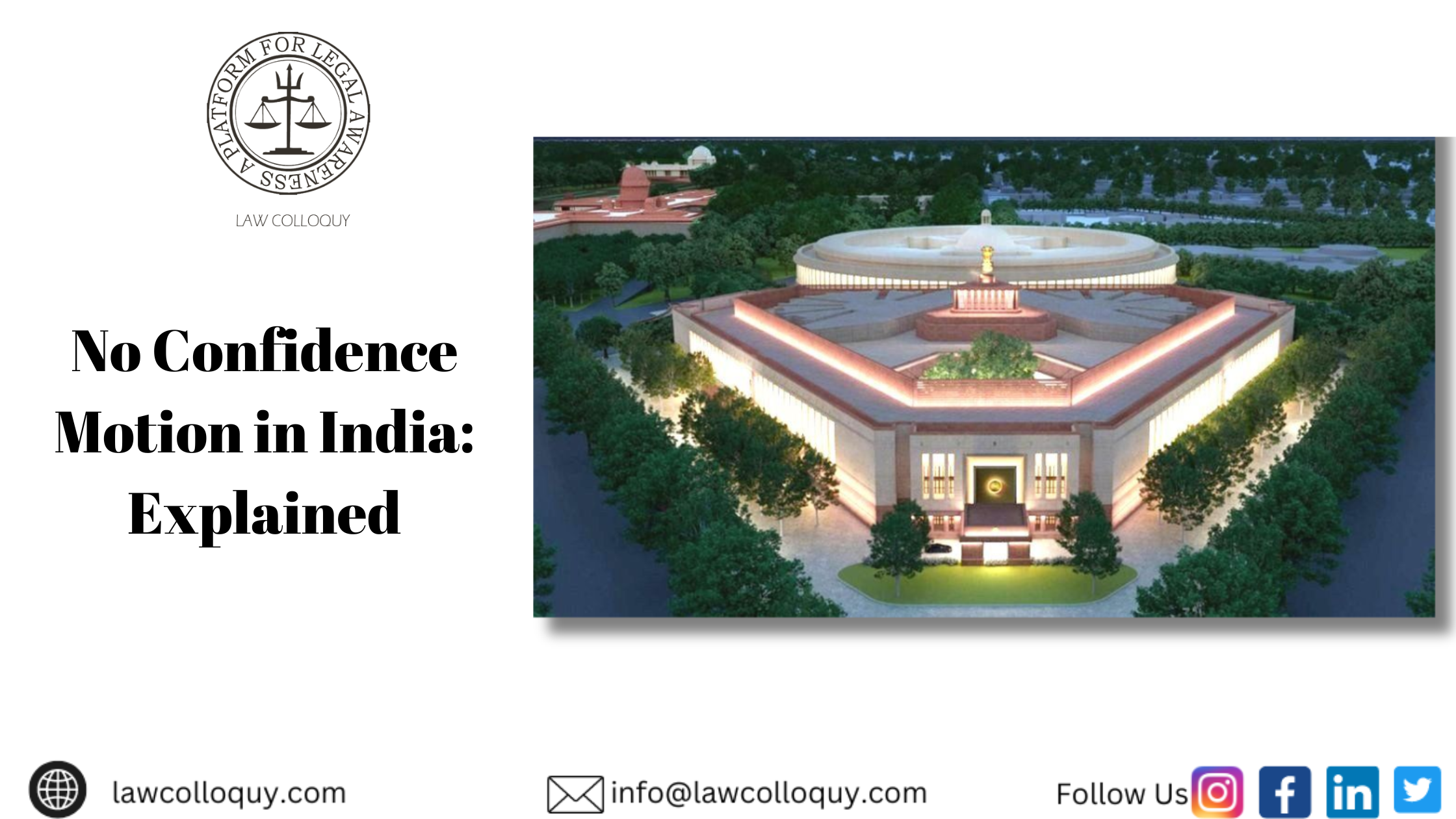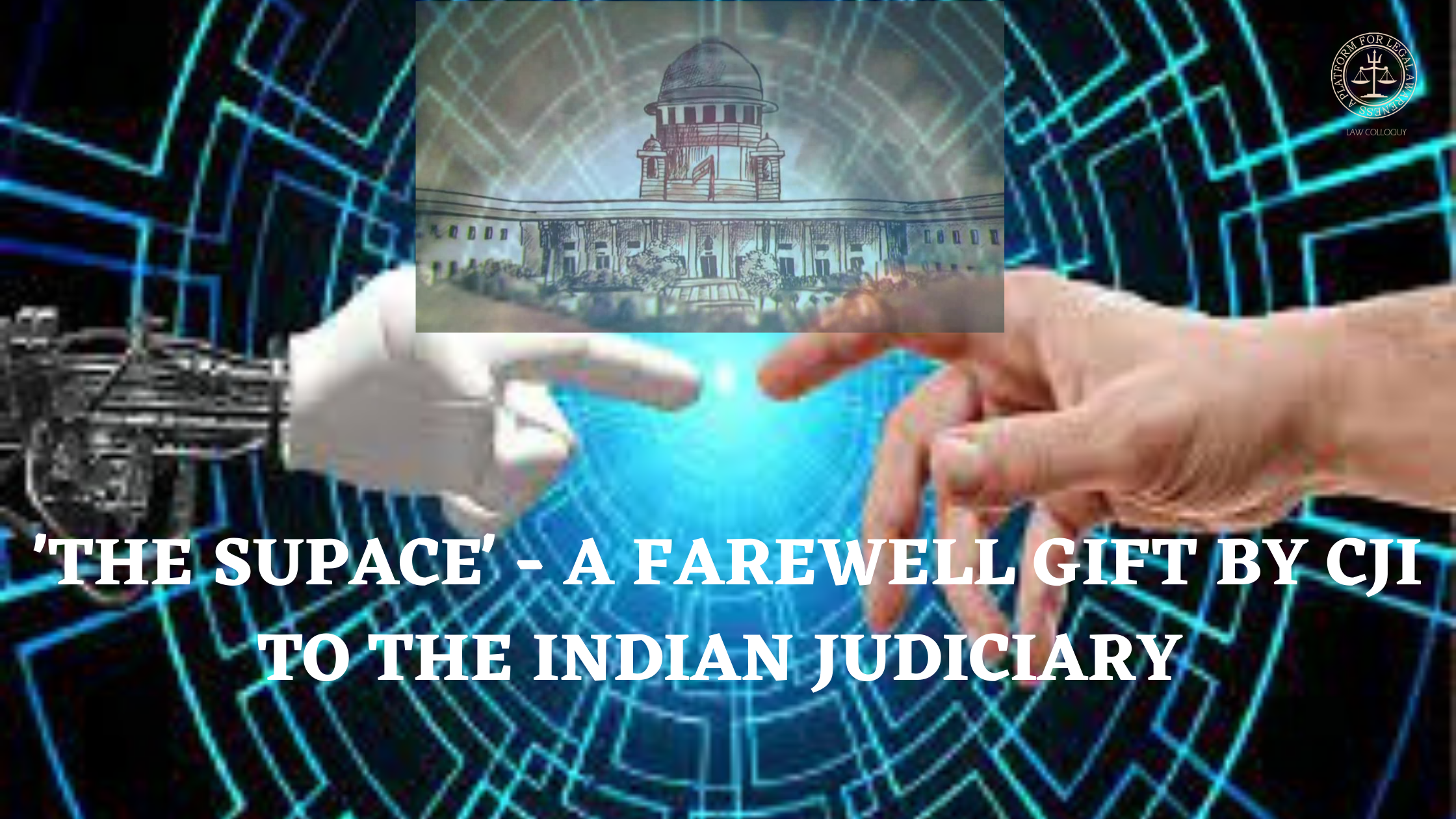The Role of Law in Promoting Social Justice
Law serves as a comprehensive catalyst for social transformation and the promotion of equality. In India, the legal framework is deeply rooted in the Constitution, which not only outlines the structure of government but also enshrines fundamental principles of social, economic, and political justice. This blog delves into the multifaceted and comprehensive role of law in advancing social equality, specifically through the lens of constitutional mandates that guarantee fundamental rights and freedoms, legislative enactments that seek to dismantle systemic inequalities, and judicial interpretation that expands the scope of liberties and rights for marginalised communities. Additionally, it examines socio-legal reforms aimed at addressing historical injustices, exploring their impact on improving access to justice and empowering disadvantaged groups. This analysis aims to highlight both the achievements and ongoing challenges in striving for a more equitable society in India, reassure the public about the thoroughness and comprehensiveness of the legal system, and foster public confidence.
Formal and Informal Sources of Law
India has a diverse legal system vividly incorporates formal and informal law sources, including municipal and international aspects. The legal framework of any society is the foundational structure that underpins the functioning of the entire legal system. It represents a complex and intricate blend of rules, norms, and principles that collectively serve as the guiding force governing the behaviour of individuals within that society. These legal rules and principles are analogous to the structural supports of a building, providing the necessary stability and order for the functioning of the social and legal architecture. In essence, the legal framework serves as a blueprint, defining the boundaries, obligations, and rights individuals must abide by, thus ensuring order, justice, and social harmony. This notes describes about the formal and informal sources of law.
Suo Moto Cognizance- Elixir or Toxin for the Judicial System of our Country
The Recent actions by the Supreme Court by taking a Suo Moto Cognizance in the case of the viral Manipur Sexual Harassment case was welcomed as a positive measure by various organizations and the citizens of the country. Following the Viral video showing two women being paraded in Manipur while entirely naked, Chief Justice of India DY Chandrachud ordered the Central government and the state government to inform the Supreme Court of any actions taken.
No Confidence Motion in India: Explained
In parliamentary democracies, the No Confidence Motion (NCM) concept is a critical mechanism for ensuring governmental accountability and transparency and maintaining the delicate balance between the executive and legislative branches. In India, a nation that upholds democratic principles, the NCM is significant in its political landscape. The No Confidence Motion represents a powerful tool in the hands of the opposition to voice concerns, challenge policies, and even potentially change the course of governance.This blog delves into the No Confidence Motion concept, procedure, implications, and historical relevance in the Indian context.
ARTICLE 19(1) OF THE CONSTITUTION OF INDIA: AN ANALYSIS
India had achieved independence after huge bloodshed only for the citizens of the country so that they could live happily, without any interference from outside, which is known as sovereignty. Just after three tears, on the 26th day of November 1950, India had drafted its first Constitution, with its founding fathers being Dr. B.R. Ambedkar, Sir Benegal Narsing Rao, Surendra Nath Mukherjee and others. The Constitution of India has 22 parts and 395 Articles, and Part III of the Constitution is enshrined with the Fundamental Rights, ranging from Articles 12 to 35. Article 19(1) of the Constitution of India gives the freedom of speech and expression to all the citizens of India. The Supreme Court has ruled in the case of Devendrappa (1998) that reasonable restrictions may have to be imposed in the freedom of speech and expression in the interest of maintaining discipline in public services, even though it may not have been mentioned as a ground in Article 19(2).
THE SUPACE- A FAREWELL GIFT BY CJI TO THE INDIAN JUDICIARY
A new concept of virtual hearing ARTIFICIAL INTELLIGENCE has been introduced by Hon’ble Shri S.A.Bobde recently, named as “SUPACE”. This is a complete blend of human and machine intelligence. The curiosity to know and have knowledge about a new thing automatically comes to the human mind. This blog, deals with the ARTIFICIAL INTELLIGENCE (SUPACE), it's working and uses in the Indian Judiciary.
Nature & Significance of Law
Law has become a significant medium for every civilized nation. Theory and philosophy of law is called jurisprudence. Jurisprudence should always be the foundation for framing rules and laws of a nation. Law is a dynamic subject which changes with the changing needs of the society. Philosophers and Jurists have come up with different definitions of law in different eras. Nature of law has also been propounded differently by different jurists. John Locke's theory on Constitutionalism is worth mentioning in present day context because the theory of Constitutionalism is associated with the noble idea which means freedom from arbitrary government . This concept encourages protection/promotions of rights of people, rule of law and accountable governmental procedures. A country which lacks constitutionalism is a dangerous sign which should always be discouraged.
Distinction between Fundamental Rights and Human Rights
Rights are the reasonable privileges of people. These claims are ensured by law. According to law, rights are considered as the sensible case of the people which are acknowledged by the general public and affirmed by statute. It can be fundamental rights or human rights. The rights which are principal to the life of the citizens of a nation are known as fundamental rights. The primary contrast between fundamental rights and human rights is that the fundamental rights are particular to a specific nation, while human rights have overall acknowledgment. Fundamental Rights and Human Rights are essential for the presence and improvement of people. It makes a superior domain and better living conditions for individuals, and in addition, they, protect their nobility. Human rights and fundamental rights are key rules that remain at the premise of any fair and equivalent society.
Changing Contours of ‘Socialism’ In The Indian Constitution
Socialism is the cherished goal of Indian political system. It emphasizes the welfare of the people by providing equality among people and thus ensuring political equality to all.
Parliamentary form of Government
1. Introduction 2. Features of Parliamentary government 3. Merits and Demerits of Parliamentary government 4. Reasons for adopting Parliamentary system 5. Distinction between Indian and British models
Rights of The Accused in India
In India, the rights of the accused are provided only in cases where a warrant is issued. An accused has certain rights during any investigation; enquiry or trial of offence with which he is charged till the time the crime is not proven.
Preamble: The Essence of The Indian Constitution
A constitution is a fundamental law of a country, either written or unwritten, which is a framework of rules for the establishment of governmental institutions, their powers & functions, and their mechanisms.
Significant Rights Pertaining to Women
A woman should be taught to believe in protecting herself on her own and not to depend on a man for her protection. She has the power to protect the world and not just herself. A strong woman is the one who can dare to raise her voice for the cause she be





 OF THE CONSTITUTION OF INDIA AN ANALYSIS.png)



